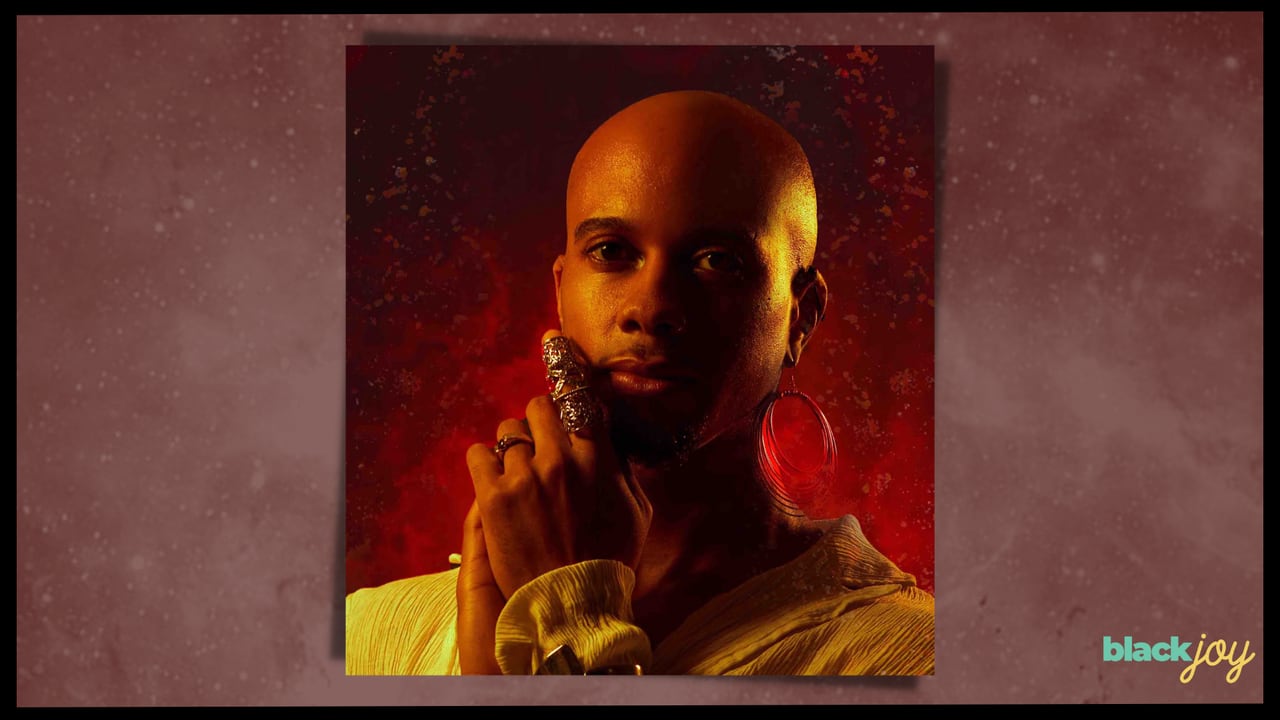A Death Doula finds the joy in grieving on purpose
My earliest memory of death is my Uncle Sylvester. I was no older than 5 years old. It’s a vague memory. We are in the crowded church of my childhood—high ceilings, lustrous stained-glass windows—sitting in the heart of Chicago. My second earliest memory is the death of my great-grandmother Emma. The church was full and alive. There was music and there was a fiery sermon. There were so many tears. This was the first and only time I saw my father cry. It was at that point I began to understand that death was something to be sad about, but I would not truly understand why until I was much older.
It is taboo and scary to talk about death. That’s probably why when my grandmother attempts to discuss her will with me, I change the subject. We don’t like to think about it despite it being an everyday part of our lives. For Black folks, though, we have too much of an intimate relationship with death to look away from it. Hari Ziyad, screenwriter and author of “Black Boy Out of Time”, was called to death work partly for that reason. Growing up with a Hindu mother, they recall her speaking candidly about her own mortality. As a journalist, particularly during the death of Trayvon Martin, Ziyad explored what it meant to be Black and grieve frequently in their work.
Years later, Ziyad would be faced with their own deeply personal struggle with navigating death and grief, when their mother was diagnosed with cancer.
“That cancer became terminal in 2020, which happened to be the same time that the world was on lockdown. So, I moved back home with her [to] North Carolina to help care for her the last 9 months of her life. . .That was one of the most beautiful times of my life, even though it was the hardest.”
Getting to a point of seeing the beauty of supporting their mother through her transition was not an easy journey. During that time, Ziyad also turned to altar work and Hoodoo and began cultivating a relationship with their ancestors. This was sort of an entry way into a more intentional role in death work.
“My ancestors were just constantly telling me, ‘This is something you need to do,’ and so when I got to LA, I just asked around, ‘Who’s doing this?’ Not necessarily with any plan in mind, but it all lined up that I found the death doula community where I got my certification this year.”
A death doula provides emotional support, comfort and guidance for the dying person and their loved ones. It can range from physically being with a person as they transition to assisting the family with funeral arrangements. In their role, Ziyad spends much of their time volunteering at hospices and providing social support to dying folks.
“I have a couple of clients with dementia. We just talk, play cards, things like that. And then whatever their family needs.”
In addition to that, Ziyad hopes to create community spaces for death workers, especially those with marginalized identities, to receive the support and care they need. Being a death worker does not insulate folks from grief or the emotional impact of death. Ziyad describes their relationship to death as ever-changing.
“Getting into this work has given me a lot of that language to make those things easier, but it’s still something that I struggle with and might struggle with my whole life.”
As for advice on how Black folks specifically can get more comfortable with death, our own or that of our loved ones, Ziyad encourages folks to explore African spiritual traditions, such as Hoodoo, and to recognize grief as a part of life.
“[Grief] is not something that we want to be always doing or struggling with. I’m interested in encouraging people to grieve on purpose. Grief is not a bad thing. . .we can reposition our ideas around grief as an expression of love, we grieve things that we love. Then I think that’ll be really helpful for our people.”
We have a tenuous and complicated relationship to death. At the peak of the pandemic shutdowns, the Black community was bombarded with death whether it was on account of the police or a negligent and racist healthcare system. But through all the tears, we still know how to curate homegoing celebrations for our loved ones filled with dancing and singing and shouting. Even in our infinite grief, there is also a limitless and enduring joy.
